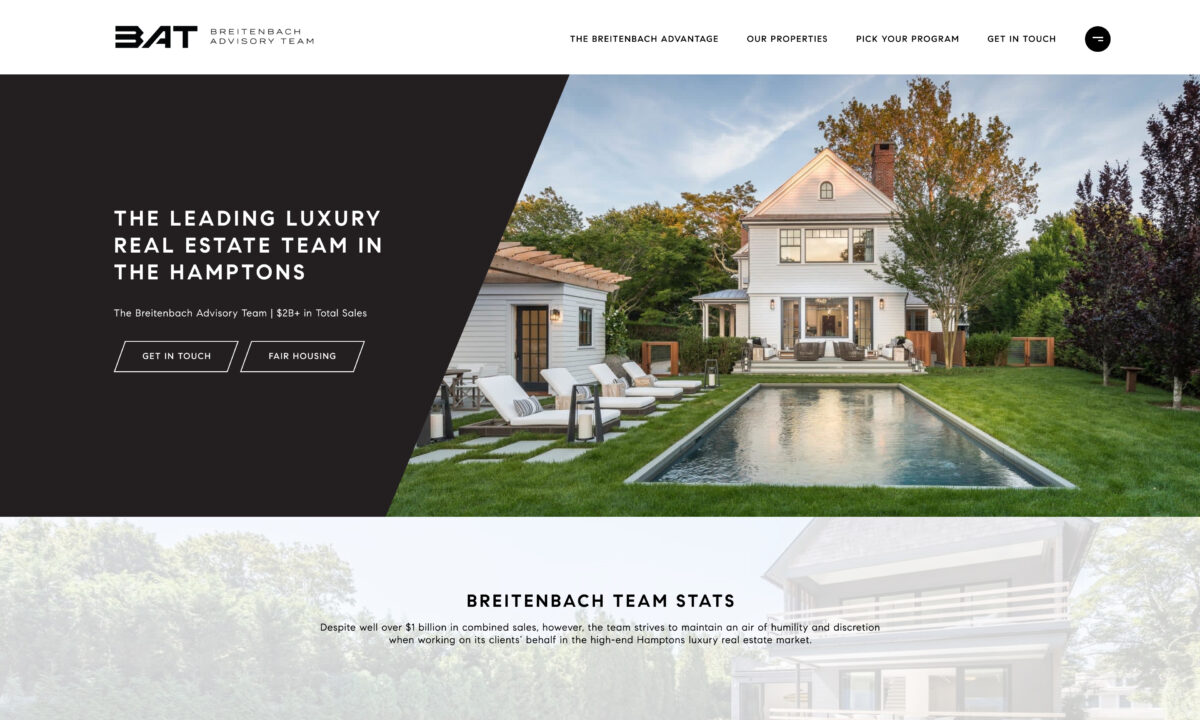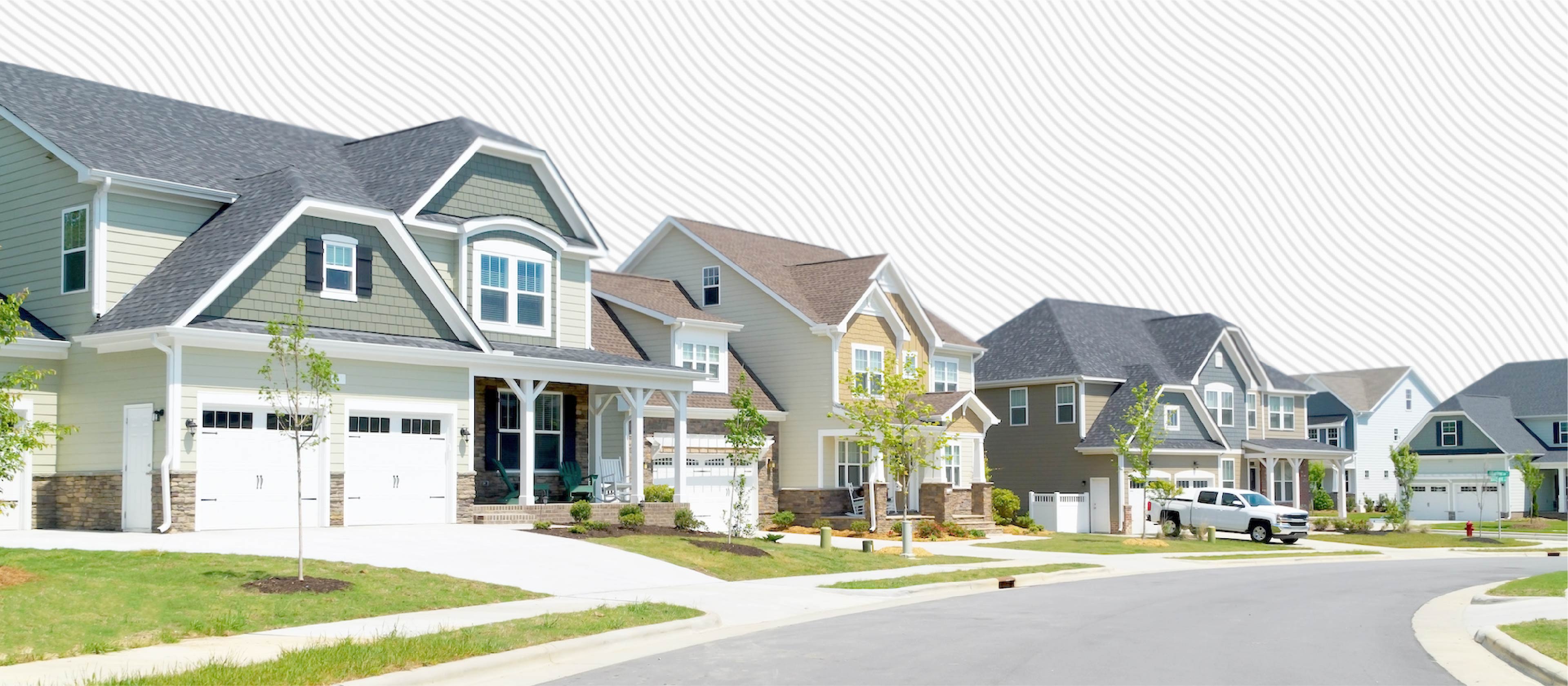The Future of Real Estate: Trends and Opportunities to Watch
As the actual estate landscape develops, it becomes significantly crucial to understand the emerging patterns and possibilities that will certainly define the sector in the coming years. With these characteristics at play, a better evaluation of the approaches and adjustments required for success reveals appealing opportunities that might reshape investment approaches and market habits.
Technological Innovations in Realty
In the last few years, the property field has welcomed a wave of technical technologies that are transforming standard practices. These developments have considerably enhanced efficiency, transparency, and decision-making processes within the market. One of one of the most notable advancements is the surge of big information analytics, which enables property professionals to analyze market fads, anticipate residential or commercial property values, and identify financial investment opportunities with unmatched accuracy. This data-driven technique enables stakeholders to make educated choices and lowers the dangers connected with home transactions.
Additionally, online reality (VIRTUAL REALITY) and increased truth (AR) technologies are revolutionizing property advertising and marketing by supplying immersive experiences for potential customers and tenants. These tools permit clients to conduct digital excursions of homes, consequently streamlining the search process and improving consumer involvement. Blockchain modern technology is getting traction as a method to safeguard transactions and maintain clear records, therefore minimizing fraudulence and accelerating the closing process.
Smart home technologies are likewise ending up being increasingly widespread, enabling house owners to keep an eye on and manage their properties from another location (Real Estate Lockhart). Collectively, these technical developments are improving the landscape of property, fostering a more effective, clear, and customer-centric market
Need for Lasting Residences
As customers increasingly prioritize ecological responsibility, the demand for sustainable residential properties has surged in the realty market. This change reflects a broader social trend towards sustainability, with buyers and capitalists seeking residential properties that minimize ecological influence while taking full advantage of power performance. Features such as solar panels, energy-efficient devices, and sustainable structure products are now considered as essential as opposed to optional.

Additionally, the increase of eco-friendly communities, which prioritize walkability and access to public transport, further highlights this fad. These advancements appeal to ecologically aware purchasers and promote a healthier lifestyle.
As the demand for lasting homes remains to rise, sector stakeholders must adapt to these expectations. By embracing cutting-edge techniques and prioritizing sustainability, the property industry can not just satisfy consumer need yet additionally add to a more sustainable future.
Altering Buyer Demographics

Additionally, the maturing populace is improving demand for real estate. Child boomers are seeking scaled down houses that use access and reduced upkeep, usually preferring city setups with neighboring services. This shift demands an emphasis on multi-generational housing services that suit varying needs.
In addition, social variety is playing a pivotal role in real estate trends. As these group changes proceed to evolve, actual estate specialists need to adapt their strategies to attend to the demands of these different customers (Real Estate Lockhart).
Increase of Remote Work Impact
Significantly, the rise of remote job is changing the realty landscape, prompting considerable shifts in purchaser choices and area options. As staff members enjoy the versatility of working from home, several are reassessing their household requirements, resulting in a surge popular for properties in country and country check my source areas. This fad is primarily driven by the wish for even more sizable living settings that can accommodate office and a better lifestyle.
In addition, urban centers, as soon as the prime focus for buyers, are observing a gradual decline popular as individuals prioritize cost and accessibility to nature. Real estate designers and financiers are changing their emphasis towards homes that use home office spaces, outdoor features, and distance to necessary solutions.
This progressing landscape demands a reevaluation of traditional market methods. Genuine estate experts must adapt to the transforming preferences of buyers, highlighting the relevance of way of life elements in their marketing strategies. In addition, builders are progressively prioritizing flexible layout that provide to the twin needs of living and working, guaranteeing that they continue to be affordable in a quickly transforming market. The implications of remote deal with actual estate are profound, forming future fads and chances.
Financial Investment Opportunities in Emerging Markets
Investment opportunities in emerging markets are constantly drawing in attention from genuine estate financiers looking for diversity and growth capacity. These markets, characterized by rapid financial advancement, increasing urbanization, and a growing middle class, existing one-of-a-kind prospects for savvy investors. Nations in Southeast Asia, Africa, and Latin America are witnessing substantial facilities renovations and positive government plans, which better enhance their allure.
Realty fields such as residential, business, and logistics are experiencing increased need because of metropolitan migration and developing customer choices. Especially, cities like Ho Chi Minh City, Nairobi, and Medellín are coming to be hotspots for financial investment because of their expanding economic climates and vibrant demographics.
Financiers should carry out detailed market evaluations to identify vital fads, such as shifts in population characteristics and financial stability, which can influence residential property worths. Furthermore, collaborations with neighborhood property firms can help with successful entrance and navigating in these markets.
Nevertheless, it's important to be mindful of possible risks, consisting of political instability and regulative obstacles. By considering these elements and embracing a long-term viewpoint, capitalists can efficiently utilize on the rewarding possibilities arising in these establishing areas.

Verdict
In conclusion, the future of real estate will be significantly influenced by technical use this link advancements, an expanding emphasis on sustainability, and progressing buyer demographics. Browsing this changing landscape will certainly need strategic partnerships and a keen understanding of market characteristics to exploit on the trends shaping the industry.
As the real estate landscape progresses, it comes to be increasingly crucial to recognize the emerging trends and opportunities that will certainly define the market in the coming years. One of the most significant developments is the increase of huge data analytics, which allows real estate professionals to examine market patterns, forecast residential or commercial property values, and recognize investment chances with unprecedented precision.As consumers progressively prioritize ecological duty, the need for lasting homes has actually risen in the genuine estate market. The implications of remote job on actual estate are extensive, forming future trends and possibilities.
Financial investment possibilities in emerging markets are consistently attracting focus from actual estate investors seeking diversification check here and development potential.